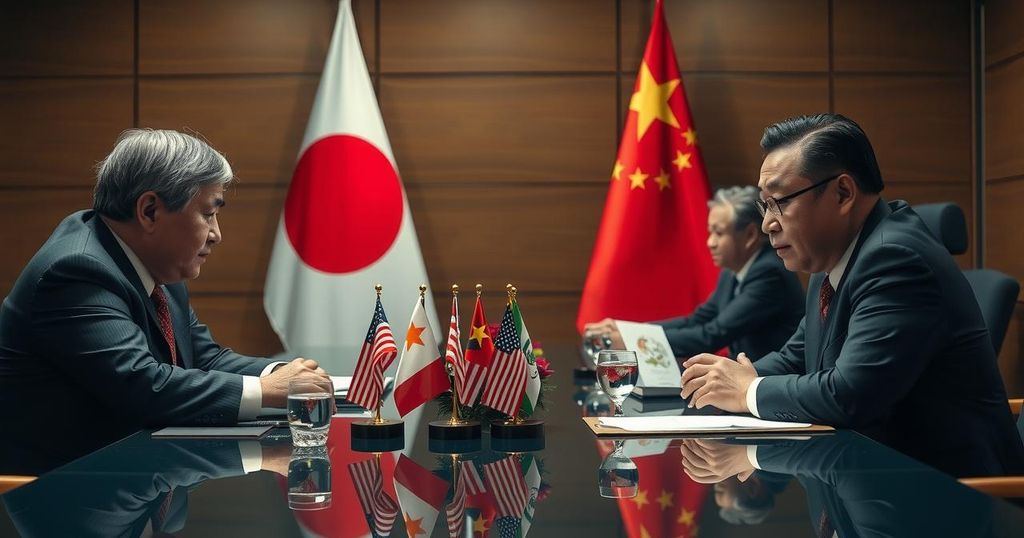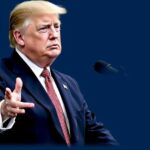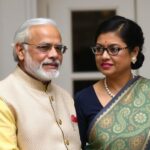Politics
ASIA, BIDEN ADMINISTRATION, CHINA, CLINTON, DIPLOMACY, DIPLOMATIC RELATIONS, FOREIGN MINISTRY, FOREIGN POLICY, FRANCAIS ESPAN, GEORGE H. W. BUSH, JAPAN, JI, JIJI PRESS, JIJI PRESS, LTD, KI, MEXICO, MI, MIYAZAWA, NORTH AMERICA, TIANANMEN SQUARE, TOKYO, U. S, UNITED STATES, WASHINGTON
Omar El-Sharif
Miyazawa’s Skepticism on China’s Democratization During Clinton Summit
In a 1993 meeting, Japanese Prime Minister Kiichi Miyazawa expressed skepticism about China’s democratization to U.S. President Bill Clinton and called for continued U.S. trade preferences for China, reflecting a complex diplomatic stance.
At a summit held on April 16, 1993, then-Japanese Prime Minister Kiichi Miyazawa expressed considerable skepticism regarding the prospects of democratization in China during discussions with then-U.S. President Bill Clinton. Declassified Japanese diplomatic documents recently revealed that Miyazawa’s doubts came to light when Clinton inquired about the future political landscape in China. Despite his skepticism on governance, Miyazawa urged the United States to maintain its most-favored-nation trade status for China, highlighting a complex diplomatic dynamic.
The relationship between Japan and China has been historically significant, particularly in the realm of politics and trade. The 1992 U.S. presidential election saw Bill Clinton criticize the previous administration’s approach to China, viewing it as too lenient, especially in light of the crackdown on pro-democracy protestors in Tiananmen Square in 1989. The dialogue during the Miyazawa-Clinton summit reflects varying opinions on China’s trajectory and the intricate balance between supporting human rights while fostering economic relations.
In conclusion, the meeting between Prime Minister Kiichi Miyazawa and President Bill Clinton in 1993 illustrates the cautious perspective Japan held toward China’s political evolution. While Miyazawa expressed doubt over China’s democratization, he simultaneously recognized the importance of economic ties, advocating for continued U.S. trade preferences for China. This juxtaposition reveals the complexities of international relations that prioritize both political concerns and economic imperatives.
Original Source: www.nippon.com








Post Comment